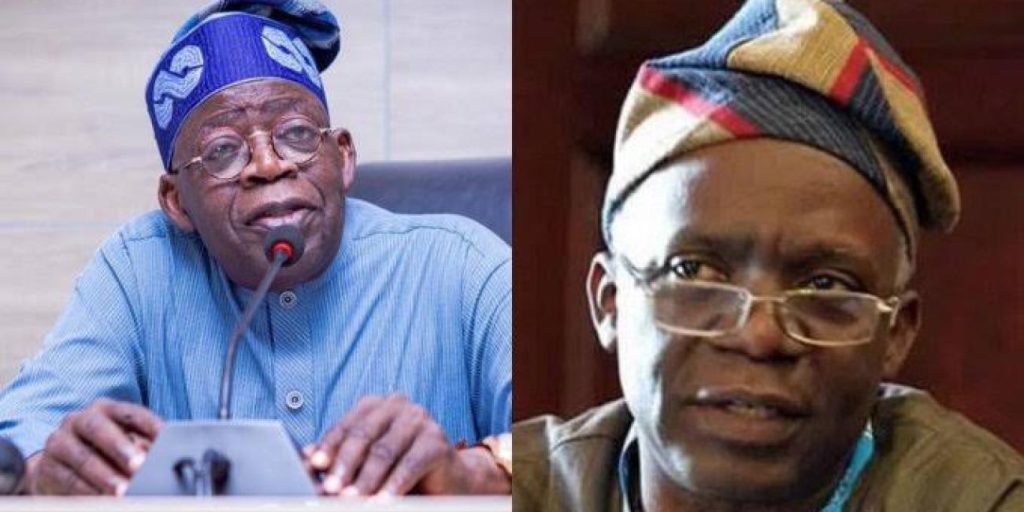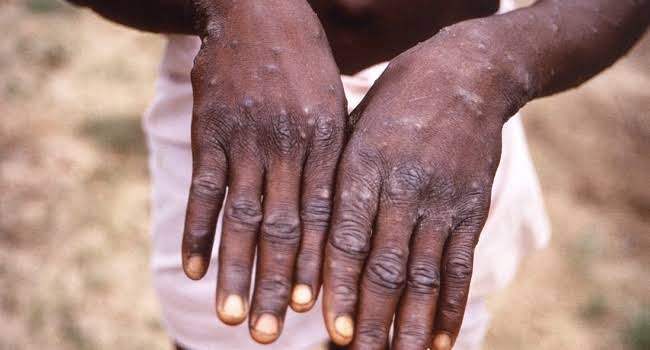Nigeria Recovers Over $5 Billion in Stolen Assets

Nigeria Recovers Over $5 Billion in Stolen Assets in 25 Years, Despite Management Challenges
A recent report launched by the Civil Society Legislative Advocacy Centre (CISLAC) has revealed that Nigeria has recovered more than $5 billion in stolen assets over the past 25 years. This significant achievement was announced by CISLAC’s Executive Director, Auwal Musa, during the report’s launch in Abuja.
The report evaluates Nigeria’s progress under the Common African Position on Asset Recovery (CAPAR), a framework adopted by the African Union in 2020 to help African nations recover illicit funds. According to Musa, notable cases include the Abacha assets, where hundreds of millions of dollars looted by former military ruler Sani Abacha were repatriated after decades of international negotiations.
Despite these recoveries, the report highlights ongoing challenges in managing returned assets. Musa lamented the absence of frameworks, such as whistleblower protection channels, which could help citizens disclose corruption-related issues more effectively.
Key findings and areas for improvement include:
– Nigeria has met 58% of indicators for detecting and identifying assets, largely due to financial regulations requiring banks to conduct customer due diligence.
– Transparency remains an issue, with asset declarations from public officials largely inaccessible to the public.
– In asset recovery, Nigeria has met only 29% of key indicators, with the lack of a unified anti-corruption strategy and fragmented agency coordination slowing recovery efforts.
– The Proceeds of Crime Act has yet to be fully implemented, and the absence of public access to records continues to undermine trust in the system.
Anti-corruption expert Vaclav Prusa praised Nigeria’s leadership in developing the CAPAR framework and its significant role in recovering assets. However, he noted that the management process remains fragmented, with insufficient coordination among agencies involved in asset recovery.
Prusa emphasized that effective asset recovery and management are critical for improving governance and fostering economic growth. He called for stronger coordination among government agencies, legislative reforms to promote transparency, and greater public accountability in asset management.
CISLAC stressed that Nigeria needs comprehensive reforms to ensure recovered assets are used effectively for national development and to combat future corruption.
The report’s findings and recommendations underscore the importance of international cooperation in improving asset recovery and combating corruption across the continent.
To address these challenges, CISLAC and anti-corruption experts recommend:
– Strengthening institutional frameworks for asset recovery and management
– Enhancing transparency and public access to information
– Improving coordination among government agencies
– Promoting whistleblower protection and citizen engagement
– Fully implementing the Proceeds of Crime Act
By addressing these gaps, Nigeria can optimize its asset recovery efforts, promote economic growth, and set a positive precedent for other African nations.






